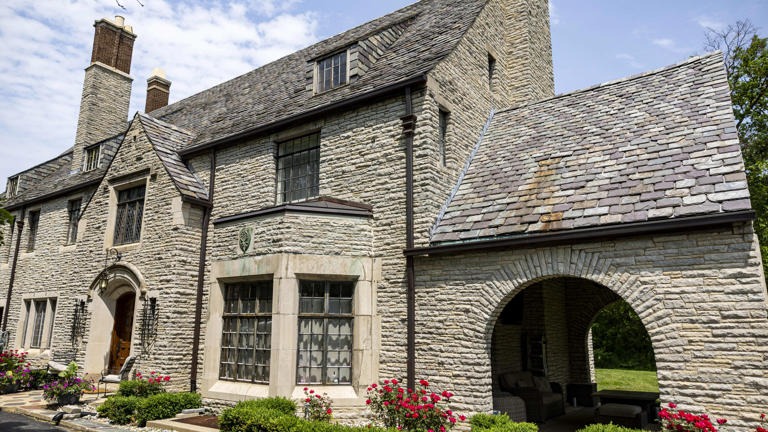
Michigan’s Best Places to Live: A Look at 2021 Rankings
This year, U.S. News & World Report has released its highly anticipated rankings of the best metropolitan areas to live in the United States for 2021-2022. Among the notable selections, six distinct metro areas in Michigan made the prestigious list, highlighting the state’s appeal to home seekers, urban planners, and real estate professionals.
High Performers: Top Michigan Cities to Reside
The rankings evaluated 150 metro areas, with Ann Arbor leading Michigan at an impressive #12 overall. Not far behind, Grand Rapids, Kalamazoo, Lansing, Detroit, and Flint also secured their spots. The complete rankings reveal:
- Ann Arbor (#12)
- Grand Rapids (#34)
- Kalamazoo (#51)
- Lansing (#64)
- Detroit (#127)
- Flint (#144)
Each metro area was evaluated across key factors such as cost of living, job market, quality of life, and opportunities for growth, providing valuable insights and guidance for any individual or family considering relocation.
The Data Behind the Rankings: What It Means for Home Seekers
The methodology for these rankings draws on multiple sources including data from the U.S. Census Bureau, FBI crime statistics, U.S. Department of Labor, and U.S. News’ own research initiatives. This diverse data set ensures a comprehensive assessment of each locality, giving home seekers and developers a clear picture of where opportunities lie.
For real estate professionals, understanding these rankings is crucial in shaping property investment strategies. The appeals of Ann Arbor, ranked as the best place to live in Michigan, can influence market demand and pricing in nearby areas. Moreover, it’s a reminder of the importance of fostering community amenities in urban planning and property development.
U.S. News Top National Cities: How Michigan Compares
According to U.S. News, the top spots nationally were occupied by cities like Boulder, CO, Raleigh & Durham, NC, and Huntsville, AL. This begs exploration of what setting Michigan apart means in the broader context of national real estate trends. The significant presence of diverse amenities, strong educational institutions, and an affordable cost of living are all factors that make Michigan cities appealing choices.
Emerging Real Estate Trends in Michigan
The recognition of these locations aligns with a broader trend in Michigan's real estate landscape. The continuing emphasis on sustainable development and urban renewal has become more pronounced, influencing both residential and commercial markets. Many regions are investing in infrastructure that supports smart homes, zoning law adaptations, and enhanced public services to keep up with national expectations.
For instance, Metro Detroit's expansion in property investment has opened new opportunities for home buyers. As urban planners leverage this momentum, targeted construction projects are enhancing existing neighborhoods while introducing valuable real estate listings.
Looking Ahead: Opportunities and Challenges in Michigan's Housing Market
As one navigates the evolving landscape of Michigan’s housing market, it’s essential to consider emerging dynamics. With growing interest in sustainable living, potential buyers might evaluate neighborhoods that prioritize energy efficiency. Moreover, having insights into the rental market can shed light on community values and future potential for property management.
While the Detroit area has its challenges, including a historically volatile housing landscape, the positive momentum shown in the recent rankings reflects a potential turning point for the city. With renewed development efforts underway, understanding these shifting trends provides significant value for residents and investors alike.
Final Thoughts: Why These Rankings Matter
As we see, the 2021 Best Places to Live rankings not only highlight Michigan’s top spots but also underscore the importance of informed decision-making for home seekers and real estate professionals in these dynamic environments. Awareness of Michigan real estate financing, neighborhood growth, and construction projects empowers individuals to make proactive decisions that align with their lifestyle goals.
Understanding the interconnectedness of these factors can lead to informed decisions that reflect both individual desires and greater community initiatives. For those eager to explore these opportunities further, now is the time to dive into the rich tapestry of Michigan’s real estate scene.
For more insights into property and development trends within Michigan, and to keep abreast of what’s happening in your local area, connect with reliable real estate agents or explore local news resources.
 Add Row
Add Row  Add
Add 



Write A Comment